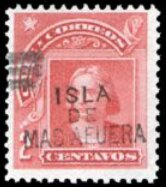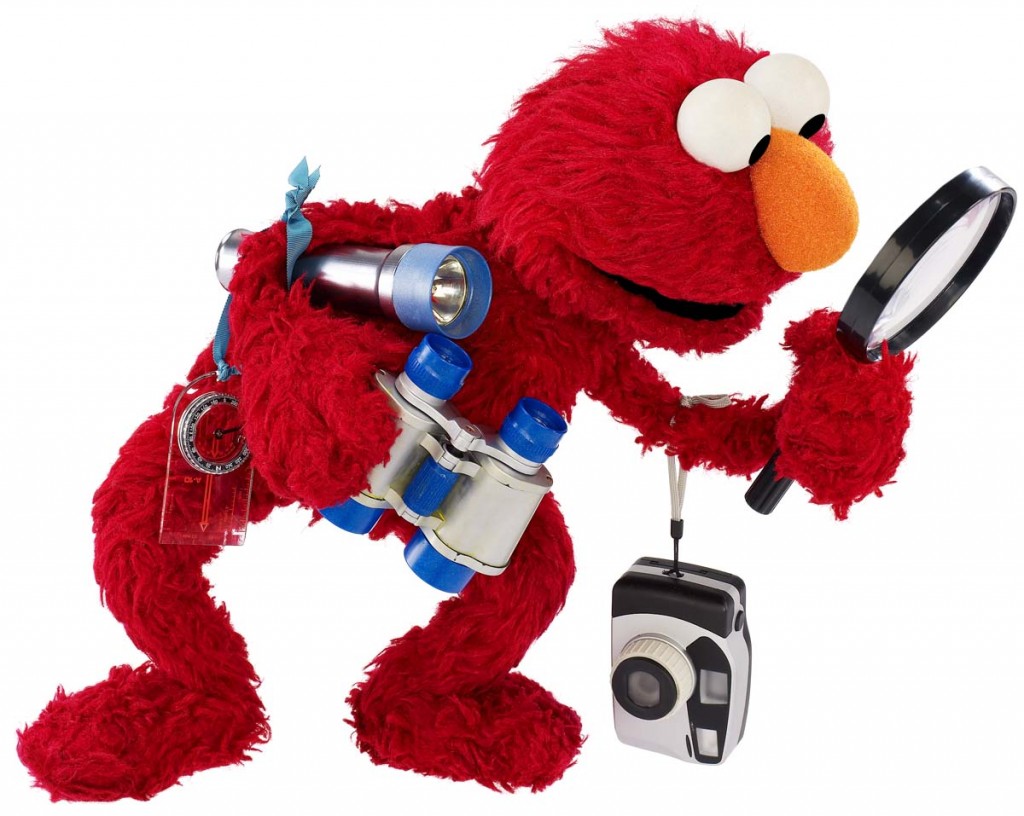Stamp: Columbus overprinted (Chile 1909)
Columbus overprinted (Chile 1909)
01 January (Chile ) within release Isla de Mas Afuera Issues goes into circulation Stamp Columbus overprinted face value 2 Chilean centavo
Stamp is vertical format.
Printed by American Bank Note Co., New York. Regular issue of 1905 handstamped in black "ISLA / DE / MAS AFUERA". Issued by the ministry of justice for exclusive use of the penitentiary located on the island.Also in the issue Isla de Mas Afuera Issues:
- Stamp - Columbus overprinted face value 1;
- Stamp - Columbus overprinted face value 2;
- Stamp - Columbus overprinted face value 3;
- Stamp - Columbus overprinted face value 5;
- Stamp - Columbus overprinted face value 10;
Stamp Columbus overprinted it reflects the thematic directions:
Discovery is the act of detecting something new, or something previously unrecognized as meaningful. Concerning sciences and academic disciplines, discovery is the observation of new phenomena, new actions, or new events and providing new reasoning to explain the knowledge gathered through such observations with previously acquired knowledge from abstract thought and everyday experiences. A discovery may sometimes be based on earlier discoveries, collaborations, or ideas. Some discoveries represent a radical breakthrough in knowledge or technology.
An island or isle is a piece of land, distinct from a continent, completely surrounded by water. There are continental islands, which were formed by being split from a continent by plate tectonics, and oceanic islands, which have never been part of a continent. Oceanic islands can be formed from volcanic activity, grow into atolls from coral reefs, and form from sediment along shorelines, creating barrier islands. River islands can also form from sediment and debris in rivers. Artificial islands are those made by humans, including small rocky outcroppings built out of lagoons and large-scale land reclamation projects used for development.
A navigator is the person on board a ship or aircraft responsible for its navigation. The navigator's primary responsibility is to be aware of ship or aircraft position at all times. Responsibilities include planning the journey, advising the ship's captain or aircraft commander of estimated timing to destinations while en route, and ensuring hazards are avoided. The navigator is in charge of maintaining the aircraft or ship's nautical charts, nautical publications, and navigational equipment, and they generally have responsibility for meteorological equipment and communications. With the advent of satellite navigation, the effort required to accurately determine one's position has decreased by orders of magnitude, so the entire field has experienced a revolutionary transition since the 1990s with traditional navigation tasks, like performing celestial navigation, being used less frequently. Using multiple independent position fix methods without solely relying on electronic systems subject to failure helps the navigator detect errors. Professional mariners are still proficient in traditional piloting and celestial navigation.
A prison, also known as a jail, gaol, penitentiary, detention center, correction center, correctional facility, remand center, hoosegow, or slammer is a facility where people are imprisoned against their will and denied their liberty under the authority of the state, generally as punishment for various crimes. Authorities most commonly use prisons within a criminal-justice system: people charged with crimes may be imprisoned until their trial; those who have pled or been found guilty of crimes at trial may be sentenced to a specified period of imprisonment.




